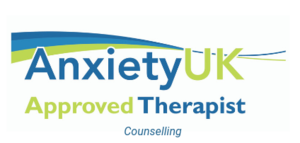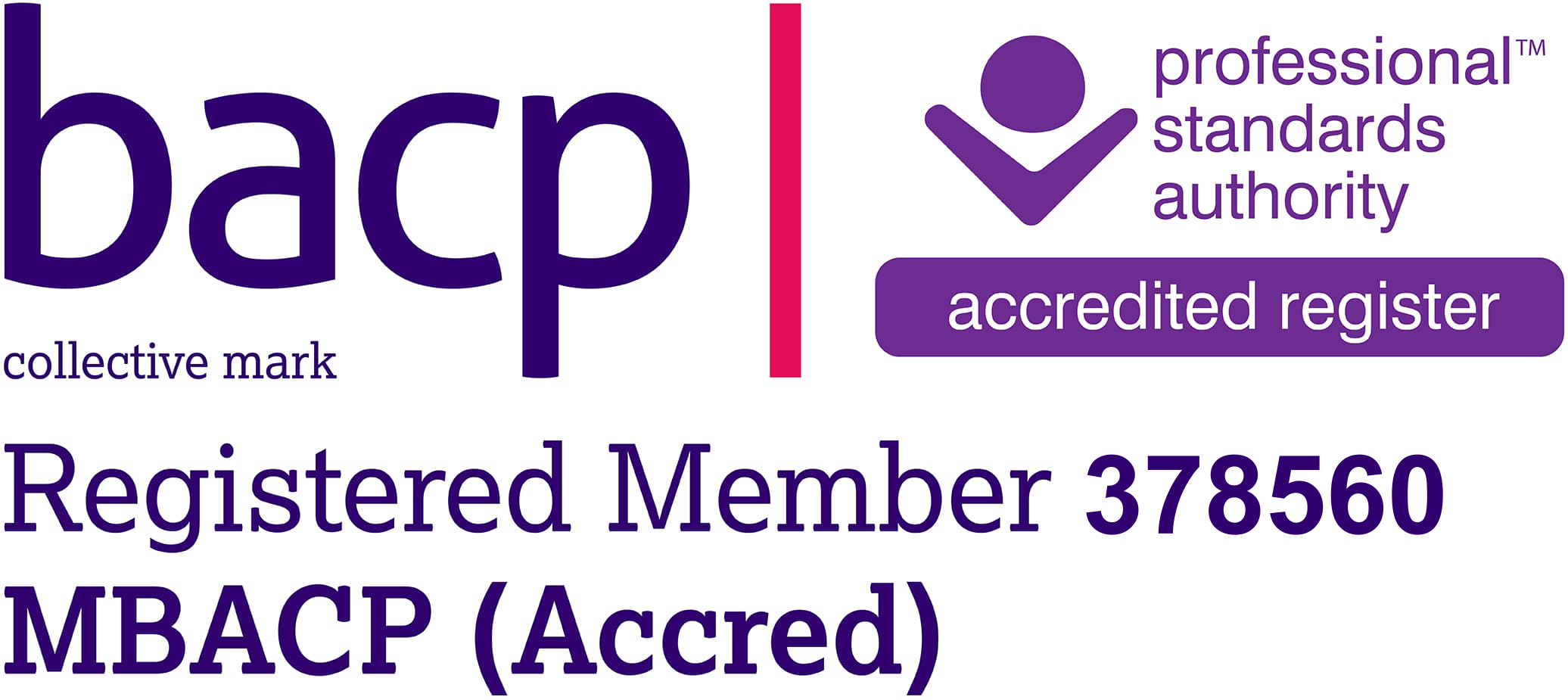Anxiety and depression therapy in Rickmansworth
I am an Anxiety UK approved therapist, offering therapy for adults struggling with anxiety, depression, low mood, or stress. Whether you’re seeking in-person counselling in Rickmansworth (WD3), Watford or online therapy. I offer a safe, supportive space to help you feel better and regain control of your life.
What is anxiety?
Anxiety is your body’s natural response to stress or perceived danger. A little anxiety is normal and a necessary biological response to perceived danger or stress, helping you stay alert, prepare for challanging situations like before an exam, an interview, or an important decision. But when anxiety becomes intense, happens too often, or feels out of proportion to the situation and hard to control, it may be a sign of an anxiety disorder. This can affect your daily life, relationships, and overall wellbeing and must be addressed.
Some common types of anxiety issues include:
- Generalised Anxiety Disorder (GAD): constant worry about many aspects of life.
- Social Anxiety: fear of being judged or embarrassed in social situations.
- Phobias: intense fear of a specific thing, object, or situation.
- Panic Disorder: sudden and repeated panic attacks.
- Seperation anxiety disorder
- Selective mustism
- OCD
Signs & symptoms of anxiety
Anxiety can affect your body, thoughts, and behaviour in different ways. Everyone experiences it differently, but some common signs include:
Physical symptoms:
- Racing heart, shortness of breath, or chest tightness
- Sweating, trembling, or feeling restless
- Muscle tension, headaches, or stomach problems
- Trouble sleeping or feeling easily exhausted
Emotional & mental symptoms:
- Constant worry, fear, or dread
- Racing or intrusive thoughts
- Difficulty concentrating or relaxing
- Feeling on edge, irritable, or overwhelmed
Behavioural symptoms:
- Avoiding situations that trigger anxiety
- Withdrawing from people or activities
- Relying on unhelpful coping habits (e.g., alcohol, overworking)
- Panic attacks (sudden, intense fear with physical symptoms)
Not everyone experiences all these symptoms, and they can vary in severity. But if anxiety regularly interferes with your daily life, relationships, or health, it may be time to seek therapy.
What causes anxiety?
Anxiety rarely has just one cause. It often develops through a mix of factors such as biochemical factors such as imbalances in stress-related chemicals, nutritional deficiencies, health issues like long-term illness, pain, menopause or thyroid problemsor environmental factors such as life experiences e.g. trauma, abuse, or major life changes, . It can also be due to stress or personality traits such as perfectionism, self-criticism, or negative thinking patterns.
How anxiety can impact daily life
Anxiety can touch almost every part of life. People often describe feeling “trapped” by worry, which can lead to:
- Strained relationships or conflicts
- Difficulty at work or school
- Isolation and loneliness
- Physical health problems, like high blood pressure
- Sleep difficulties and exhaustion
- Increased risk of depression or substance use
Anxiety can also affect loved ones — causing stress, misunderstandings, or pressure in relationships.
The important thing to remember is, you can overcome anxiety disorder, with the right support. You don’t have to keep struggling, I can help you.
What is Depression?
Depression is a common mental health condition that causes a persistant feeling of sadness and affects how you feel, think, and manage daily life. People with depression may struggle with low mood, loss of interest in activities, difficulty concentrating or making decisions, or feelings of hopelessness and emptiness. They may feel fatigued or in severe cases have thoughts of self-harm or suicide.
Depression can affect anyone at any stage of life and often occurs alongside anxiety. The good news is, with the right support and therapy, recovery is possible. Therapy for depression focuses on helping you understand negative thought patterns, build coping strategies, and improve mood and motivation. Approaches like CBT can help you challenge self-critical thoughts, while therapies like interpersonal therapy or psychodynamic therapy focus on relationships and past experiences.
With professional support, people with depression often find they regain hope, energy, and the ability to engage more fully with life.
Treating anxiety and depression with therapy
Anxiety and depression are common mental health challenges, and the good news is you can overcome them. You don’t have to face them alone. I can support you to understand your feelings, manage symptoms, and find coping skills that help and are specifically suitable for you.
I can help you explore your emotions, thoughts, and behaviours in a safe, supportive space. It’s about understanding what triggers your anxiety or low mood and learning practical ways to respond differently.
Key therapy approaches I use include:
Cognitive Behavioural Therapy (CBT)
CBT is an effective evidence-based form of therapy that focuses on the connection between thoughts, feelings, and behaviors. The idea is that how we think affects how we feel and behave and that by identifying and changing unhelpful thoughts and behavior patterns, we can improve our emotional well-being. You also learn practical coping strategies, relaxation techniques, and ways to face fears safely.
Other Approaches:
- Mindfulness-based therapies: Build awareness and acceptance of thoughts and emotions.
- Interpersonal therapy (IPT): Focuses on relationships and improving communication.
- Psychodynamic therapy: Explores patterns rooted in past experiences or childhood.
- EMDR (Eye Movement Desensitization and Reprocessing): Especially effective for trauma and PTSD.
Many therapists, including me, use a blended approach, tailoring techniques to your unique needs.
How Therapy Can Make a Difference
Therapy can help you:
- Reduce anxiety, panic, and persistent worries
- Improve mood, motivation, and emotional balance
- Gain insight into triggers and thought patterns
- Learn practical coping strategies for day-to-day life
- Enhance sleep, focus, and overall well-being
- Strengthen self-esteem, confidence, and resilience
- Build healthier relationships and communication skills
- Receive ongoing, personalised support as your needs change
A personalised approach
No two people experience anxiety or depression in the same way. That’s why I tailor therapy to your specific symptoms and life circumstances. Whether you have panic attacks, social anxiety, obsessive thoughts, or low mood, we work together to find strategies that suit you.
Some people notice improvement within a few weeks, while others may benefit from longer-term therapy. The pace is always guided by you, ensuring a safe and supportive environment for meaningful change.
Getting Started
The first step is often a brief consultation, where we can explore your needs, answer questions, and decide if working together feels right. From there, we can plan a personalised therapy approach to support your journey toward emotional well-being.

